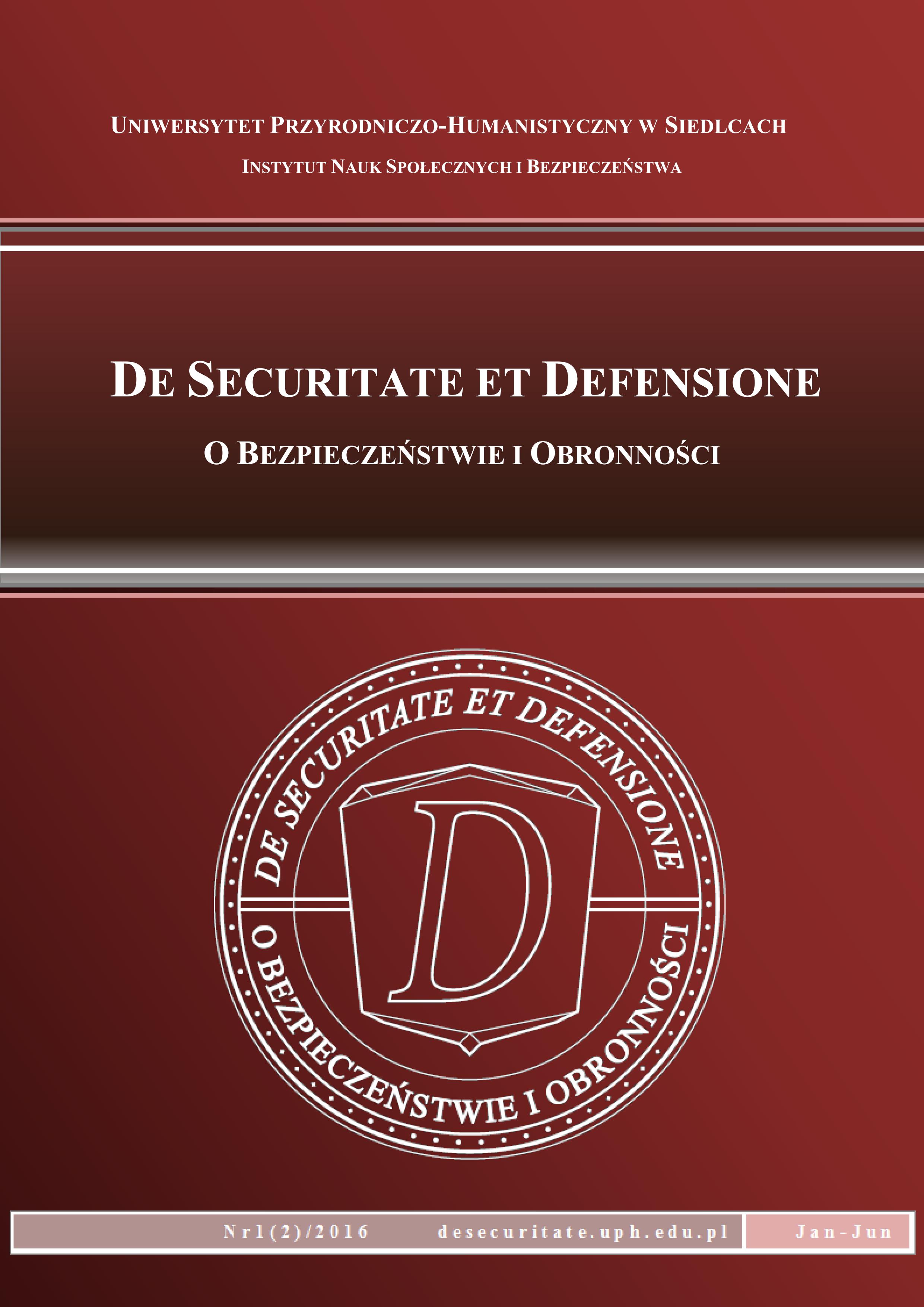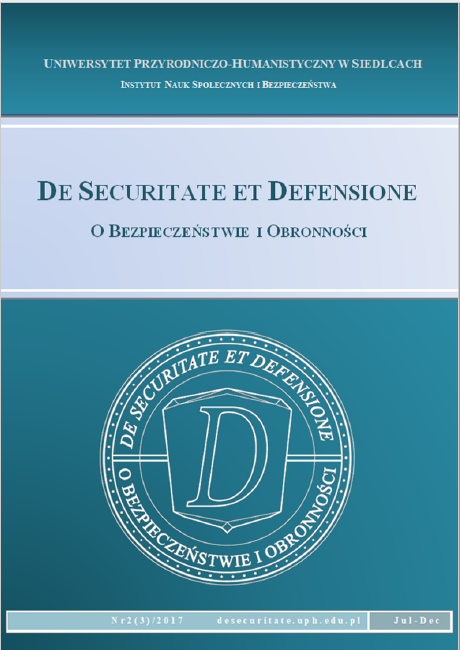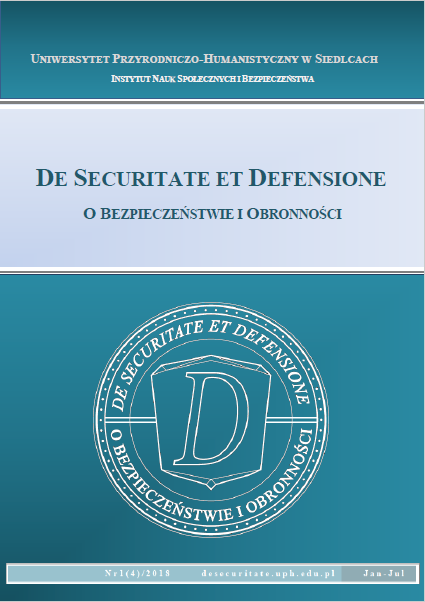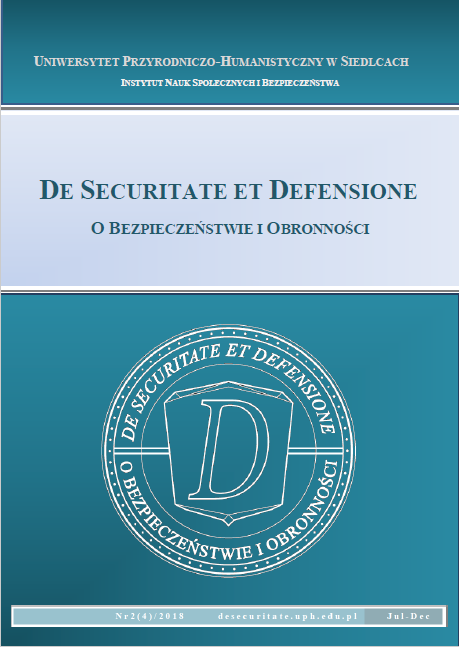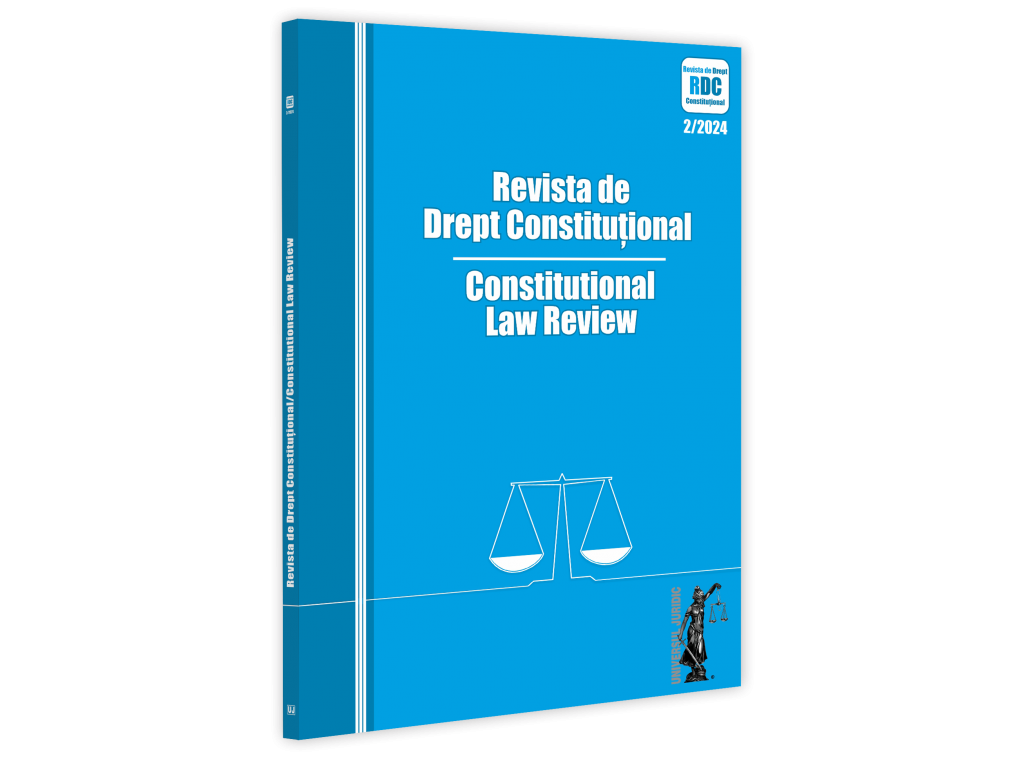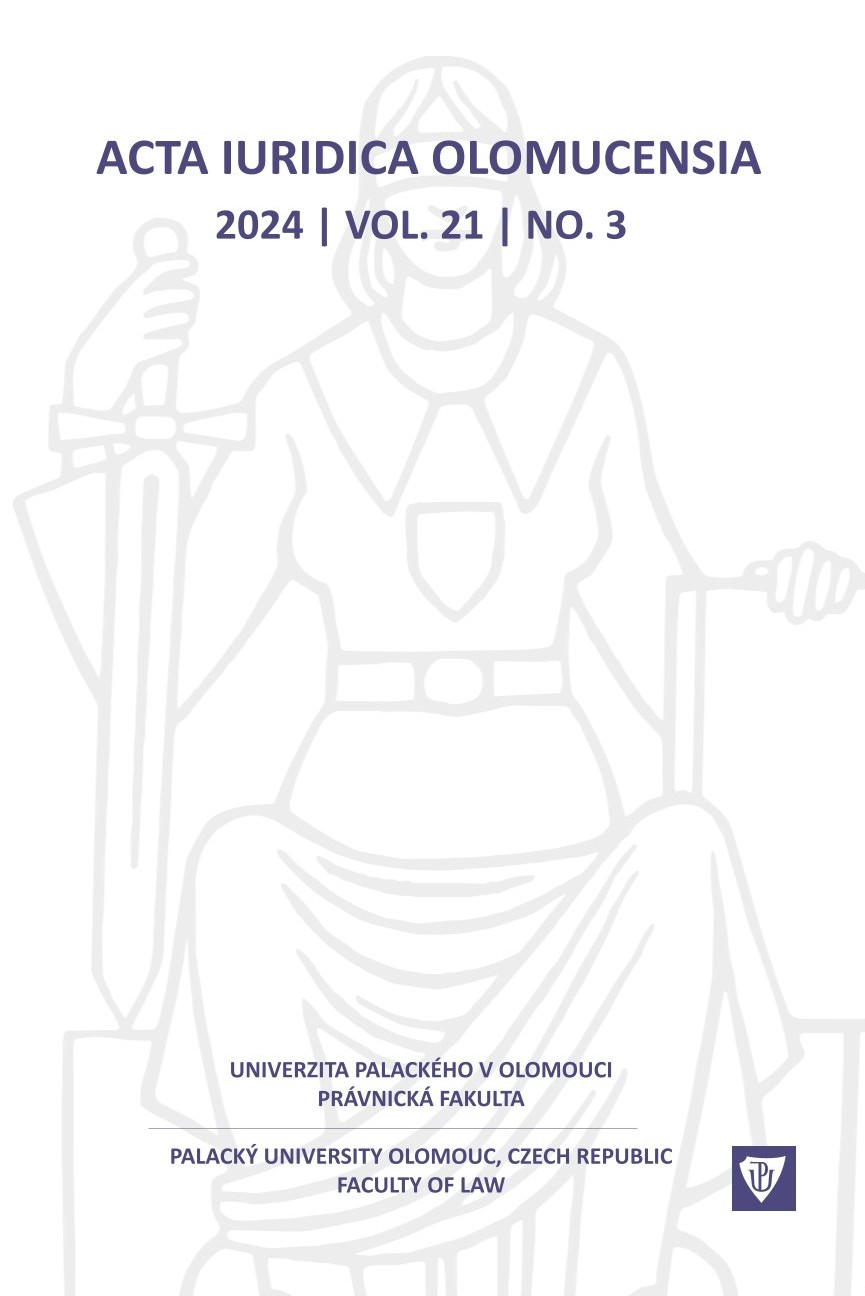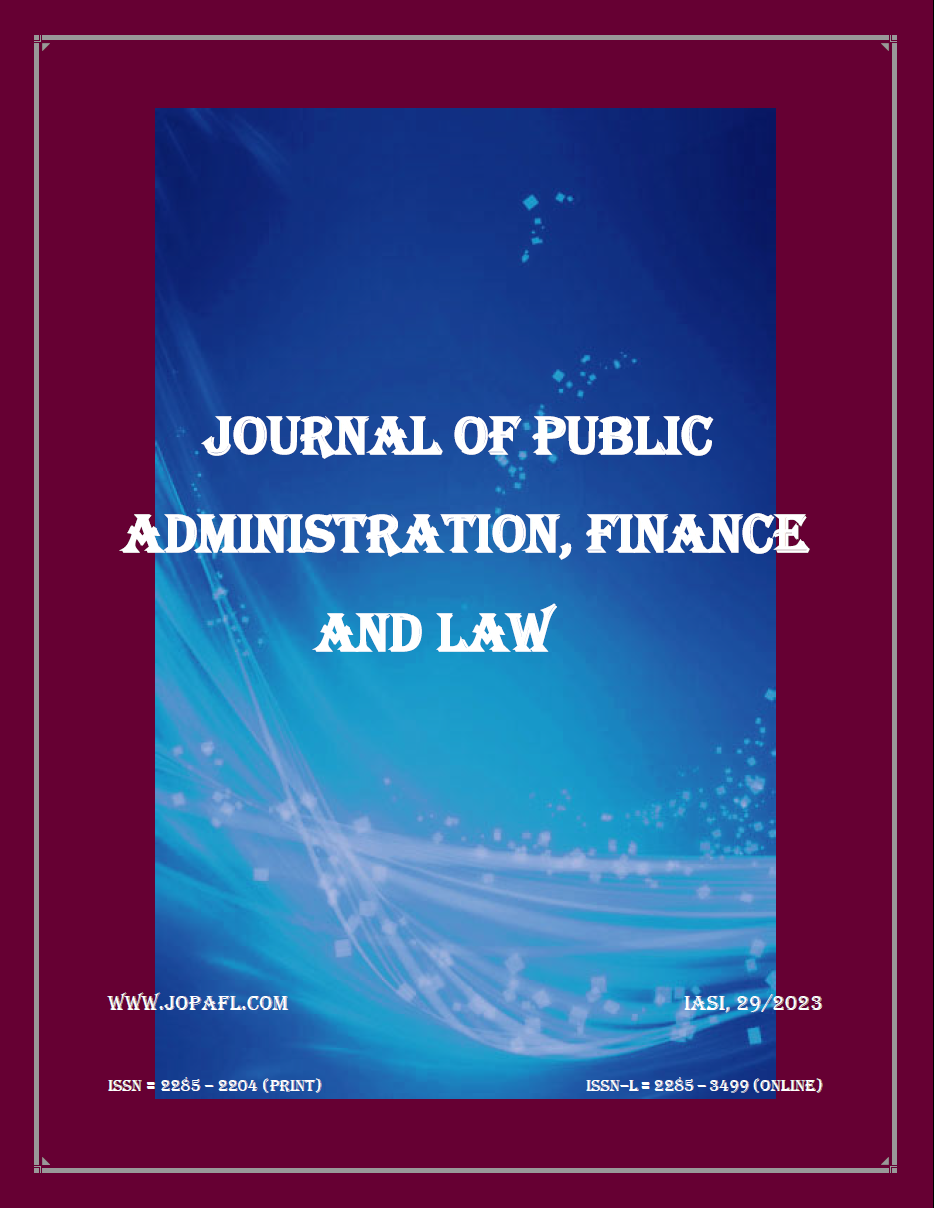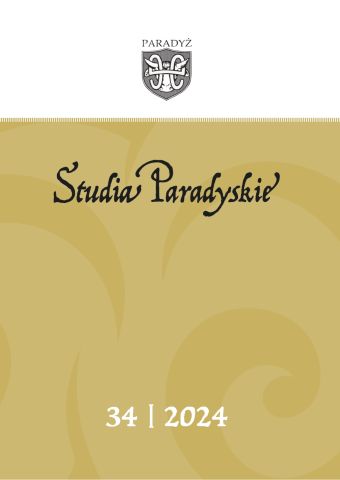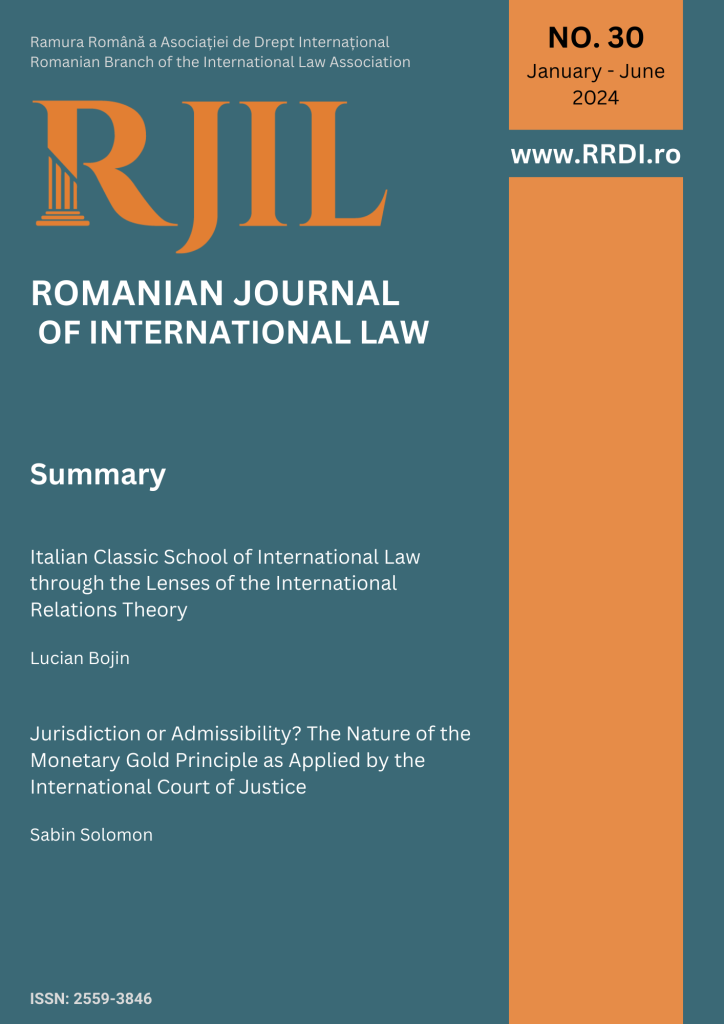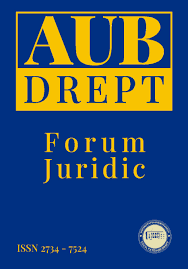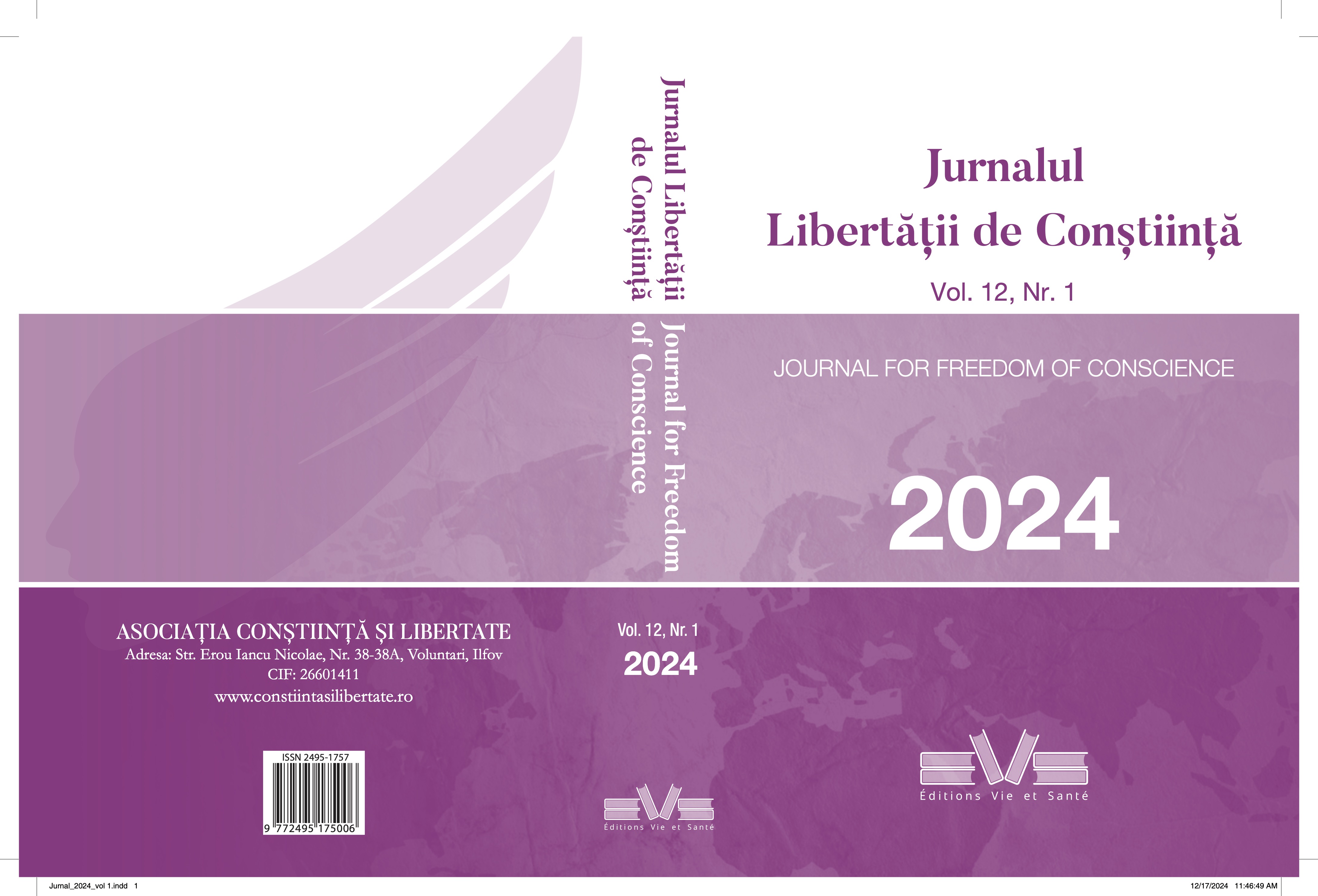Author(s): Dariusz Mazurkiewicz / Language(s): Polish
Issue: 34/2024
The 900th anniversary of the baptism of Pomerania and preserved accounts of the mission of St. Otto of Bamberg lead to the conclusion that the adoption of Christianity by the pagans was primarily the result of seduction by the truth of the Gospel, but the influence of secular power, which secured the mission of the missionary bishop, was also significant. Consequently, the question arises whether the church legislator allows the use of methods in the work of evangelization that contain elements of coercion or even pressure that increase the effectiveness of preaching the Word of God. The answer to this question varied depending on the period in the history of the Church and human societies. It is true that the church authorities tried to remember the style of Christ, who only invites people to friendship with himself, but, often resembling the state authorities, for which the use of coercion is a way of exercising power, sometimes the church legislator introduced regulations allowing for people to be forced to accept the faith. However, from today’s point of view, such legislation cannot be clearly assessed negatively. It was, in a way, a reflection of the way of thinking of the secular rulers of that time, for whom the use of forms of coercion was a common way of imposing their will. The 20th century concept of human rights, however, allowed us to rediscover the beauty of the Gospel, which imposes itself only by the force of truth itself. This idea found its place first in the teaching of the fathers of the Second Vatican Council, and then in the Code of Canon Law, where in can. 748 § 2, the legislator regulates that “Never and no one may force any person to accept the Catholic faith against his or her own conscience.” Consequently, it also requires respect for religious freedom when administering sacraments and obliges bishops and missionaries to refrain from all forms of coercion when preaching the Gospel. It should therefore be noted that current church legislation emphasizes human freedom in accepting faith more than in previous centuries.
More...
